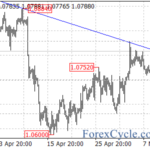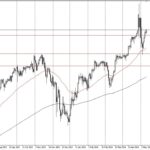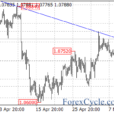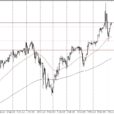
The chorus singing for a concerted effort to “normalize” monetary policy is getting louder every day. Monetary policy is highly accommodative with nominal rates barely above zero and, more significantly, with real rates negative. The latest mantra has been taken up with the possibility of financial instability arising out low-interest rates and bloated central bank balance sheets. Financial stability is being added to the policy goals of price stability and full employment. Central bankers do not feel comfortable with these extraordinary measures remaining in place, so long after the financial crisis of 2008. The chorus is singing that it is time to remove the extraordinary stimulus and to find the best way to return to a more normal environment.

Today bankers face unprecedented challenges in normalization, such as:
Low Inflation. Inflation rates are well below the target of 2%, set by all major central banks.Wage increases have been very modest, despite declining unemployment rates. Oil prices continue to fall in the wake of rising production and weak demand. GDP growth has been positive, yet at rates on either side of 2% which are not nearly enough to spark inflation. Judging by the bond market, long-run inflation expectations remained well anchored at these current low rates.
Financial Instability.There is an underlying fear that loose monetary conditions will adversely affect financial stability. In Canada and the United States, the level of the ratio of debt-to-GDP is uppermost in the minds of those who are worried that cheap money, if withdrawn, will lead to a mortgage crisis and a collapse of house values. If low-interest rates were responsible for a surge in home prices, then the opposite would be responsible for a sharp decline in real estate values, or so goes this argument.
Geopolitical Risks There is a host of geopolitical risks and uncertainties that argue to remain patient and keep rates at these low levels. The list of risks includes a hard landing for the Chinese economy, political uncertainty regarding the Korean peninsula, the stress on the European-US political and economic alliances, and a rise in international trade protection, to name a just a few.
















